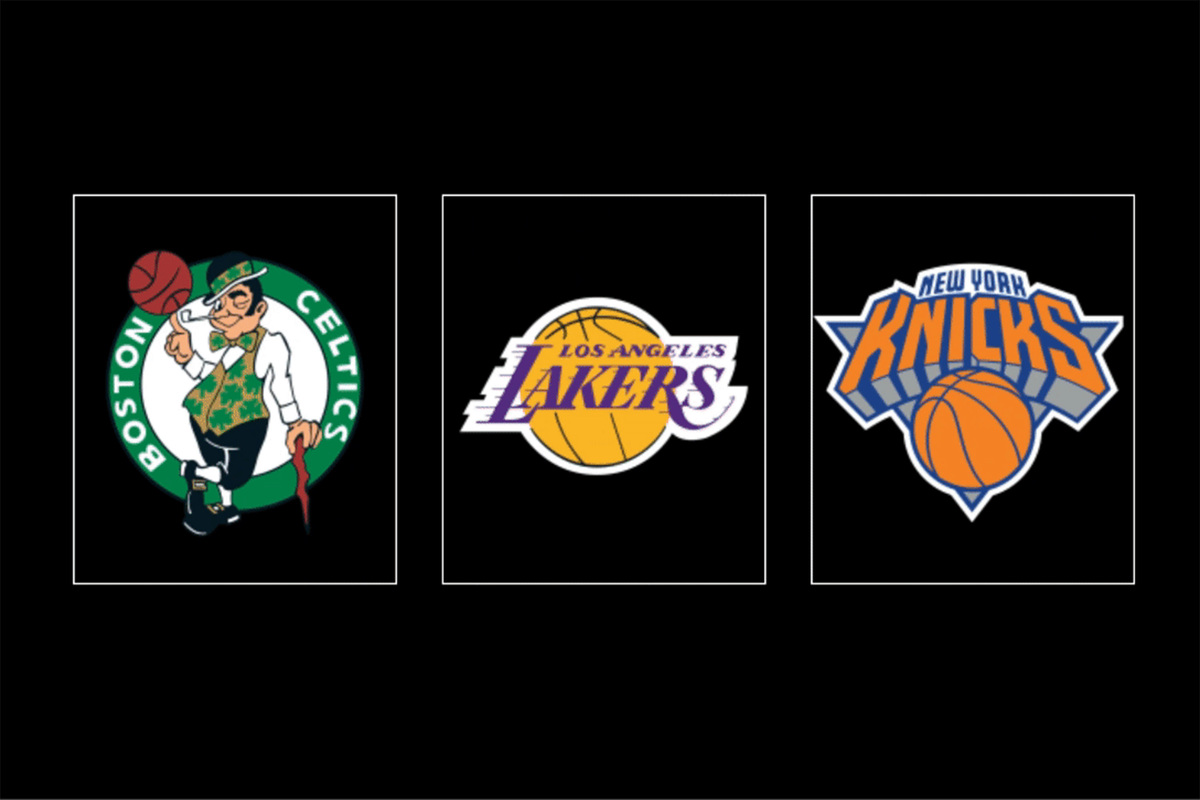
The Denver Nuggets were probably always going to win Game 1 of their first NBA Finals appearance. The Nuggets were at home, where they’re undefeated in these playoffs. They were fully healthy. And they were extremely well rested after a conference finals sweep that ended more than a week ago, whereas the visiting Miami Heat had to sweat out a seven-gamer that gave them just two days off before the Finals.
Despite the theory and wordplay, “rest vs. rust” isn’t actually much of a debate. As ESPN’s Kevin Pelton noted before the 2023 Finals began, home teams with at least a five-day rest advantage were 8-1 in Finals Game 1s.
But even with that context in mind, the Nuggets sure made their 104-93 win on Thursday night look easy. Nikola Jokic extended his NBA record to nine triple-doubles in a single postseason with 27 points, 14 assists, and 10 rebounds; Jamal Murray added 26 points and 10 assists; and the Nuggets led by as many as 24 points, never letting the Heat within nine after halftime. Entering the Finals, the most crucial question for the Heat was whether they could slow down the Nuggets offense, which had raced past every defense it faced in the Western Conference playoff bracket. And the answer, through one game, is a resounding no.
First and foremost, the Nuggets capitalized on their overwhelming size advantage in Game 1. Jokic is bigger than Bam Adebayo, and therefore comfortable posting up the four-time All-Defensive honoree. The 6-foot-10 Michael Porter Jr. can shoot over any defender Miami throws at him; he scored 14 points in Game 1 and also provided oomph on the defensive end with 13 total rebounds and a pair of blocks. And Aaron Gordon feasted down low, with quick seals of smaller defenders to give Jokic easy targets for dunks.
Gordon scored 16 points in the game, with eight coming in the first six minutes as Denver’s size set the tone early. All seven of Gordon’s made shots in the game came near the rim. Sticking a player the size of Max Strus or—even worse—Gabe Vincent on a player with Gordon’s strength and physicality is not a viable defensive strategy:
After the Heat adjusted to stop giving Gordon dunks, Denver’s two stars controlled the game, even if Jokic was largely content to facilitate rather than hunt his own shots. By halftime, the Joker had taken only three field goals, but Denver still led by 17.
The most devastating pick-and-roll combination in the sport excelled as usual. The Nuggets scored an efficient 22 points on 16 Murray-Jokic pick-and-rolls that led directly to a shot, per Second Spectrum, good for 1.38 points per play. And that play powered Jokic and Murray to become just the third teammate duo in Finals history to each dish double-digit assists in a game. The other pairings involve four Hall of Famers: Michael Jordan and Scottie Pippen (three times), and Magic Johnson and James Worthy (twice).
To Miami’s, and coach Erik Spoelstra’s, credit, the Heat tried different tactics and different defenders, but none worked particularly well. When they sent a double-team at Jokic, he calmly pivoted and found Bruce Brown for a wide-open 3 on the weak side.
And when Miami went with a zone defense, which had thrown crucial wrenches in Milwaukee’s and Boston’s offenses earlier in the playoffs, the Nuggets mostly found open looks as their shooters stretched Miami’s defenders from one sideline to the other. During the Heat’s first zone stint—at the start of the second quarter, with Jokic on the bench—Murray sank a 3-pointer, Porter hit another soon after, and Jeff Green made a lightly contested jump hook with tons of space to operate in the middle of the floor.
Miami’s zone was a tad more effective in the fourth quarter, when Spoelstra switched strategies out of desperation even with Jokic in the game. The Heat forced a few turnovers and a flurry of missed Nuggets 3s. But Denver still scored 1.16 points per possession against the Heat zone, per Second Spectrum—well above the Celtics’ 0.90 and the Bucks’ 0.93.
Just as the Lakers’ fourth-quarter gambit in Game 1 of the Western Conference finals—defending Jokic with Rui Hachimura, to let Anthony Davis roam as a help defender around the rim—ultimately came up short and didn’t pay dividends later in the series, so too might the Heat’s zone falter if Jokic is on the court. Given his ability to orchestrate the action from the free throw line, the Denver center is the best player on planet Earth to defeat a zone defense.
On the other end, Adebayo enjoyed his most productive offensive game in weeks, with 26 points on a career-high 25 shot attempts, plus 13 rebounds and five assists. Miami’s center caught Jokic lunging for steals a few times, which led to open layups. But Adebayo was mostly alone as Miami’s perimeter players struggled—and Denver will probably be content with 25 field goal attempts and zero free throws from Adebayo.
Miami should be able to balance its offense more in Game 2 and beyond, as long as its 3-pointers fall at a better clip than they did in Game 1. The Heat made just one-third of their long-range attempts (13-for-39), with a number of those makes coming after the game was out of reach in the fourth quarter. Strus and Caleb Martin were the biggest culprits, as Strus shot 0-for-10 in the game (0-for-9 from 3) and conference finals hero Martin shot just 1-for-7 overall.
Even Jimmy Butler seemed oddly tentative for much of the game, as he passed up numerous chances to attack Jokic when Denver defended pick-and-rolls with drop coverage. Butler scored only 13 points—his lowest total in a playoff game this spring—on 6-for-14 shooting and didn’t draw a single free throw.
Butler will probably be more aggressive and score more going forward. The Heat will probably get more free points, after shooting a Finals-record-low two free throws in Game 1. (This isn’t an accusation of unfair refereeing, to be clear—the Heat took mostly jump shots and uncontested layups all game long.) And they will probably make more shots—or, if they don’t, then every Bucks and Celtics fan in the world will spend the whole summer lamenting Miami’s aberrant hot streaks.
But the simple reality is that the Heat can’t win this series if they can’t first figure out a way to slow down the Nuggets. Nobody has in these playoffs thus far. And while Adebayo, Butler, and Spoelstra form a phenomenal foundation on the defensive end, they don’t appear to have the necessary size to actually frustrate Jokic and the Nuggets for more than a few possessions at a time.
Denver won the game it should have; now the ball is in Miami’s court. (Well, for Game 2, the ball is in Ball Arena, Denver’s home court, but I digress.) The Heat will spend the next two days searching for answers, but it’s unclear where Spoelstra and Co. might find them—or if any even exist at all.


